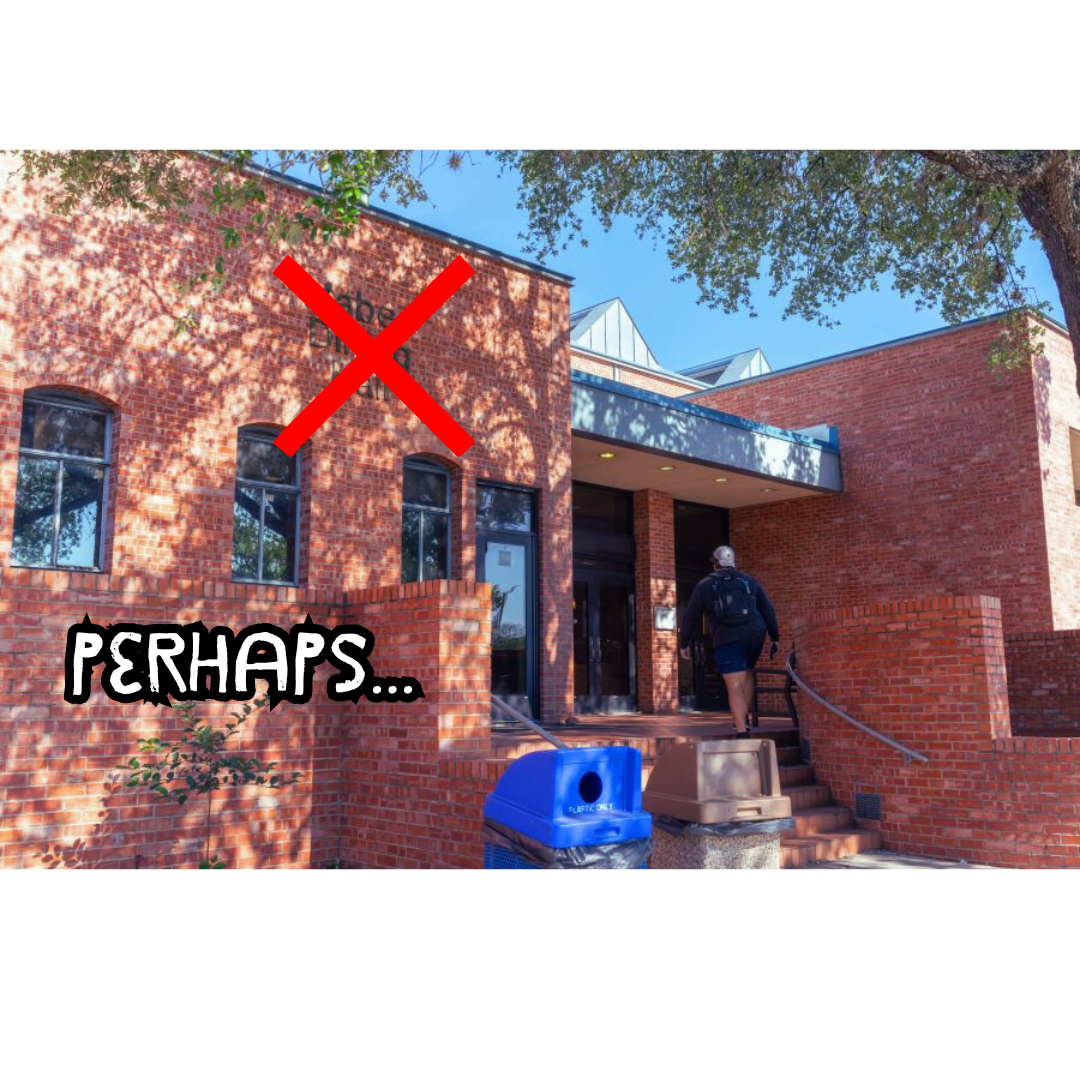
With the cost of tuition and textbook fees always on the rise, Trinity students in need of some spending money need not look further than their own campus. There are still federal work study positions available, and students who do not qualify can seek out institutional jobs open to all students.
“The major difference is the source of funding,” said Glendi Gaddis, director of financial aid. “Federal work study jobs’ funding come from”“it’s a federal student aid program, a need-based aid program”“so for every dollar that a student earns, the federal government pays up to 75 cents of that dollar. Whereas with institutional, that’s 100 percent coming from Trinity, so every dollar that a student earns is being paid 100 percent by Trinity. Whereas on the federal work study up to 75 percent is being paid by the federal government and 25 percent is being paid by Trinity.”
Gaddis said it is becoming more common now for students to enter college without having any previous work experience.
“It’s been interesting to me in my career as a financial aid director, which I’ve been doing for 20 plus years. Early in my career, I used to see students a lot who had jobs in high school and were working while they were going to school and maybe in the summer. More and more now, it’s not uncommon to see students come into college and they’ve never worked,” Gaddis said. “Some of that is maybe because they were extra involved in high school and so between the high school curriculum courses and activities there wasn’t enough time to work. When they come here, oftentimes a student employment job here on campus is their first work experience.”
According to Gaddis, 671 students were awarded federal work study right before classes started in the middle of August. However, not all 671 students will actually secure a job.
“About half of those will actually end up working. We can’t hire an unlimited amount for federal work study because we only have a limited amount of funding available. For federal work study, we typically have around just over $5,000 or so. Financial aid’s responsibility is to determine eligibility for federal work study and make the award to the student. From there, the rest is up to the student,” Gaddis said.
Josie Hammons, a sophomore who has a federal work study job in the library, depends on the work to help her pay for Trinity, as well as to receive a little shopping money.
“It puts money in my checking account so I have like a little bit of spending money, but most of it goes into my savings account which ends up paying for college,” Hammons said.
Besides having to be quiet, Hammons enjoys her job in the library.
“I like my job because I learn my way around the library really fast. I feel like a lot of kids are scared to ask for help, but this way I don’t have to ask for help and, if my friends need help, they can ask me instead of someone they don’t know,” Hammons said.
The difficult task of balancing work and study time may be one of the biggest reasons why students are hesitant to look for employment during school, but Hammons finds that her job forces her to be more productive and learn better time management.
“I only work ten hours a week, so compared to the 17 hours of classes I’m taking it’s not that bad. I guess it helps me manage my time better because I know I won’t want to do it when I finish work at 10 at night,” Hammons said.
In addition to teaching essential life skills such as responsibility and dependability, student employment also seems to have hidden benefits that will appeal to all students.
“There is national research that shows that students who work on campus in student employment positions do tend to do better in school, they tend to voice a better college experience and they’re more connected to their institution,” Gaddis said.
For sophomore Matt Peebles, his institutional job as KRTU Indie music assistant is more of an enjoyable hobby than a job.
“I decided to work for the radio station because: one, I love radio. The second was because I don’t have a car, so it would be even more difficult to get off campus than need be, and I would really like to work. Third was I don’t qualify for federal work study, so radio was a really good option for me,” Peebles said.
Peebles loves his job so much that he wishes he could actually work more hours than he currently does.
“I think my least favorite part is I can only work five hours a week, rather than 10 or 15, so it’s more like a really, really part-time job instead of like a real part-time job. It’s super easy to balance everything though because it’s only five hours of work. I just feel like it’s almost like another class, honestly, so it’s not too hard at all,” Peebles said.
Peebles appreciates the flexibility of his work schedule and not having to worry about traffic on his way to work.
“I like the really flexible hours, and since it’s on campus they’re obviously willing to work around my schedule. I don’t need to drive anywhere; I can just walk. I just really like working with the music. That’s what I like best: listening to new music and deciding what goes in and what doesn’t,” Peebles said.
Students interested in seeing if they qualify for federal work study should visit the financial aid office on the second floor of the admissions building. Students curious about institutional jobs on campus can visit Human Resources in Northrup 108.








Little Man Caruthers • Sep 7, 2012 at 9:48 pm
I can remember when I had to walk in the snow up to my tail to get to my next adventure. Its good that to see what the working stiffs have to go through to put a meal on the table. It helps out mom and dad back home. Oh the old homestead.